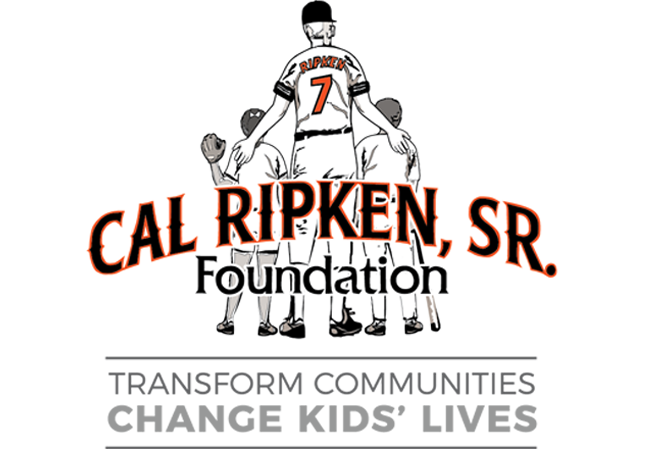Last weekend I attended a screening and panel discussion of In Football We Trust, a documentary that follows four Polynesian American high school football players in Utah. They come from communities that are strife with poverty and gangs, where nothing matters more than family, and where football is seen as the way up. It’s a really interesting documentary and brought up lots of food for thought about the opportunities to do better by student-athletes and the kids we serve in general. A few things stood out to me in the documentary and in the panel discussion afterwards.
Expectation is a two-sided coin.
While sports can certainly be an avenue to college, the stories of these four young men show another side to that coin, where the weight of an entire family’s hopes and dreams might be resting on one teenager’s shoulders (college being seen as pathway to playing professionally)—and the lengths to which that can push someone so young, both positively and negatively. The families of the young men in the documentary had high expectations for them. In some ways, this pushed them hard to succeed. In some ways, this pressure could also take a toll. And, there are other ways, in which expectations affect our behavior: we can live up to them, but we can live down to them, too.
The people in your life can make all the difference.
One of the keys to resilience, according to our friends at WhyTry, are your lifelines—those people you can count on and call on. Having a supportive family and teammates can help you get through tough times. However, knowing that people are depending on you or going to follow your lead, like your younger siblings, can also be incredibly motivating. Maybe we didn’t exactly hit the mark this time, but we can’t give up if people are counting on us.
Teams are great for the camaraderie, but how do we find that later in life?
During the panel discussion, the topic of camaraderie came up, in terms of a football team being one way to find that and it being difficult to find that later in life. Where do we find that camaraderie, that sense of belonging, and that purpose?
Any effective coach knows that it won’t matter how talented your players are individually if they can’t trust each other or don’t have each other’s backs. But perhaps there is also an opportunity to help kids understand that the skills and relationships that make for good teamwork on the field or court can also help us in the rest of our lives.
The best part is that we can build uncommon relationships with anyone—we’re not limited to the other people who happened to make the team this year! Highlighting these skills now can help kids see that relationship building is a skill, one that they have and that they can improve upon, and something they’ll be able to do on their own now and in the future.
What happens next?
There’s a line in the film where one of the players is chanting, “Make your own history!” The mark of a well-told story is that we want to know what happens next. When our kids ask what happens next, let’s remind them that they make their own history. And when our kids don’t say anything at all, it’s our turn to ask them, “What happens next?”
